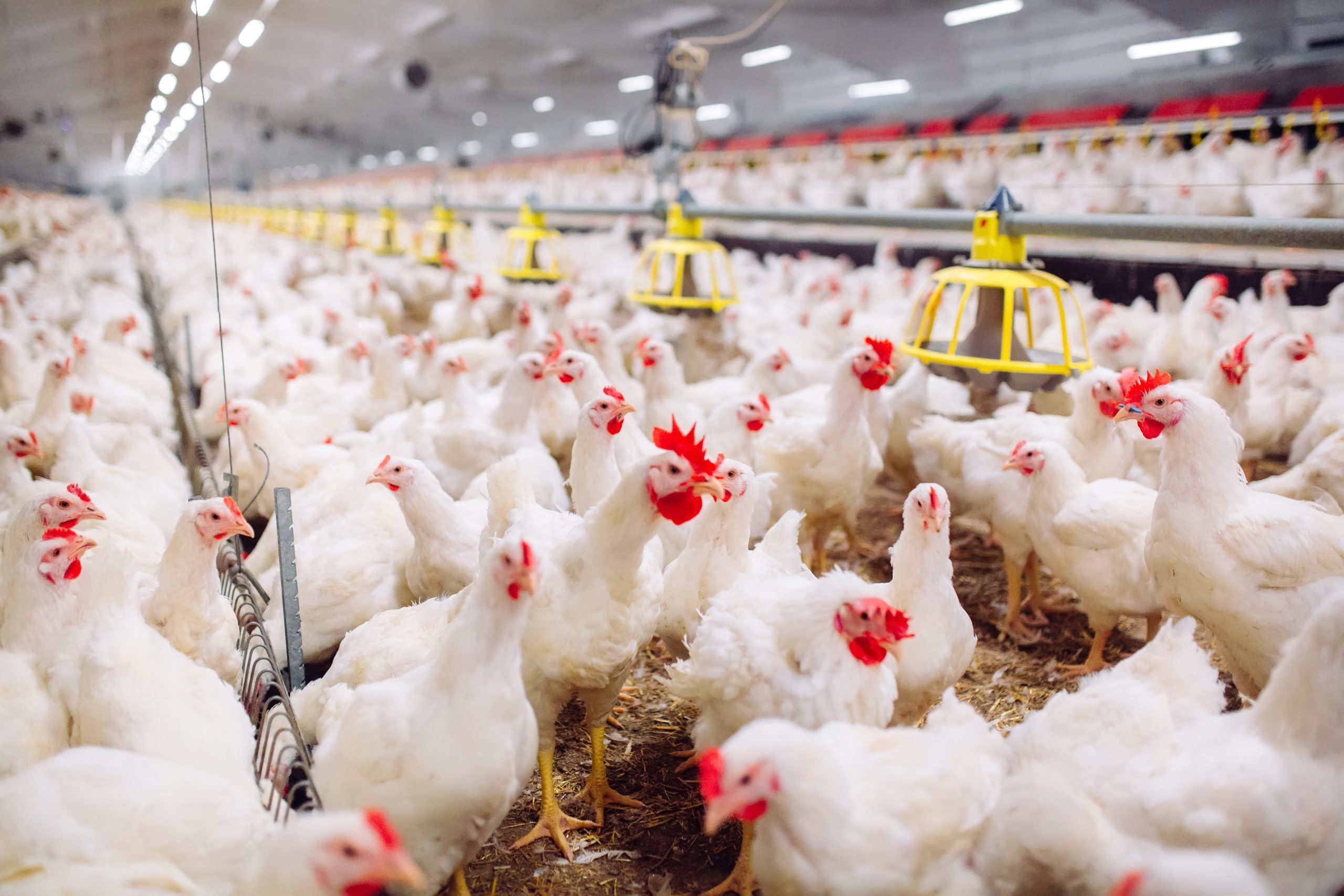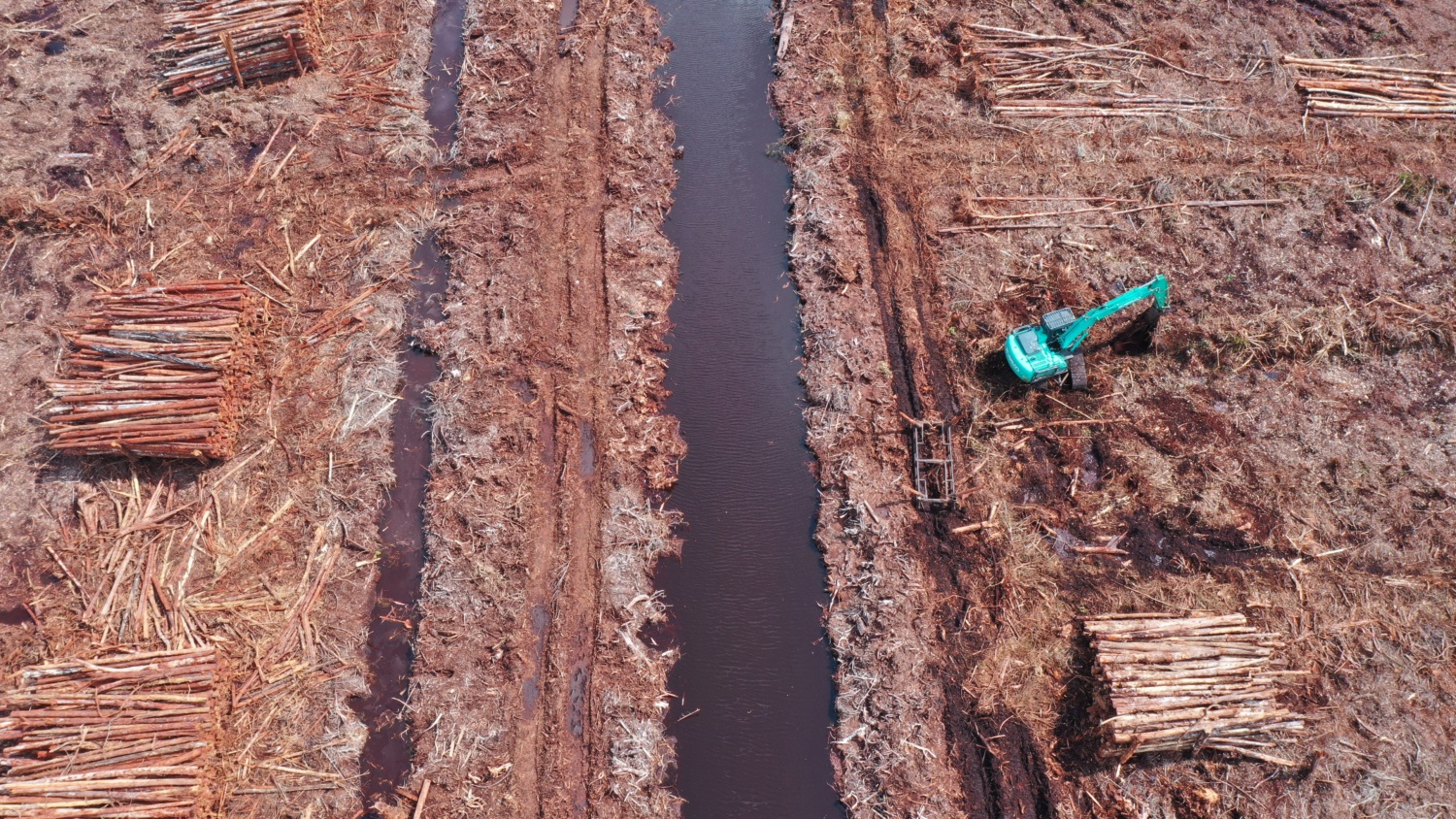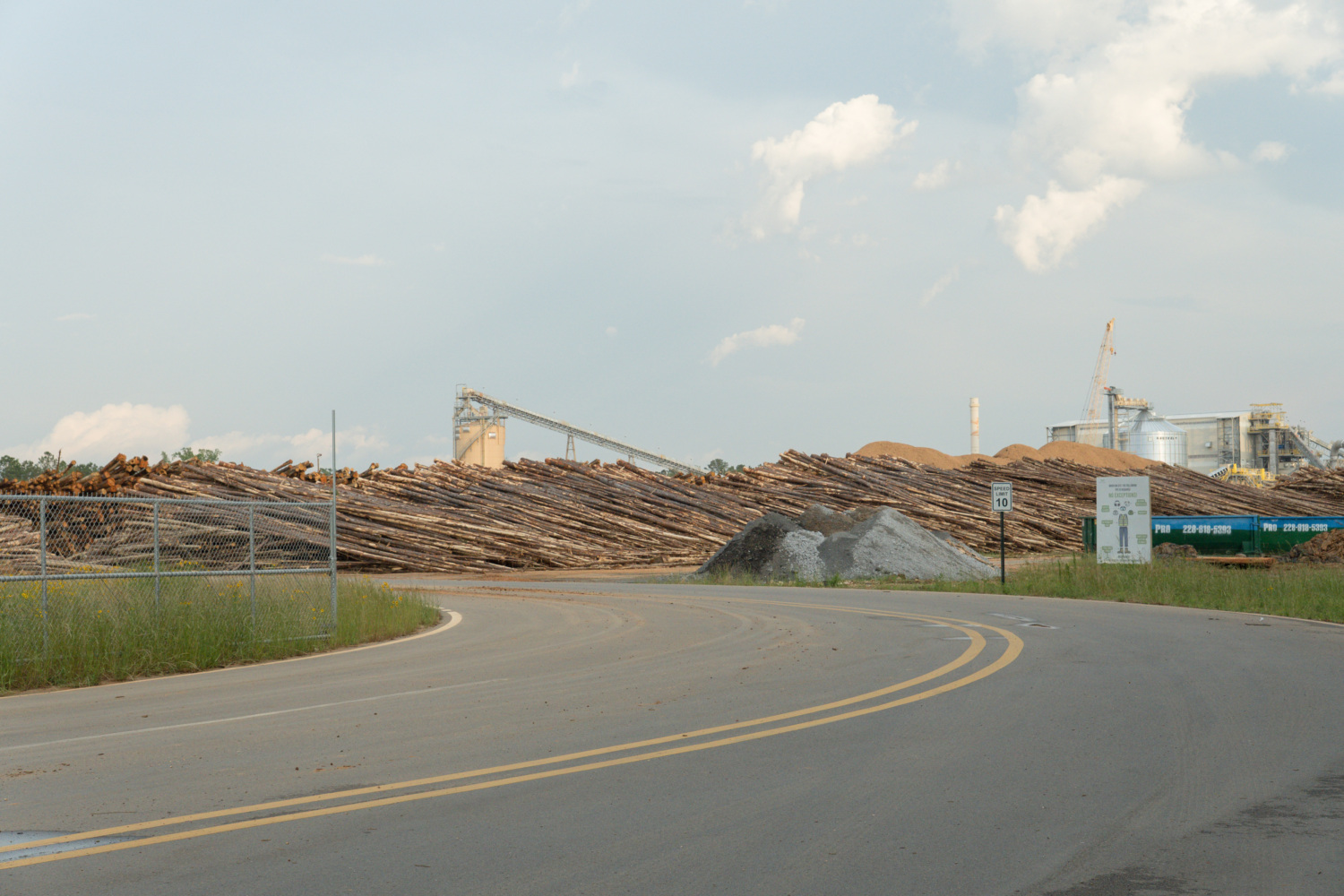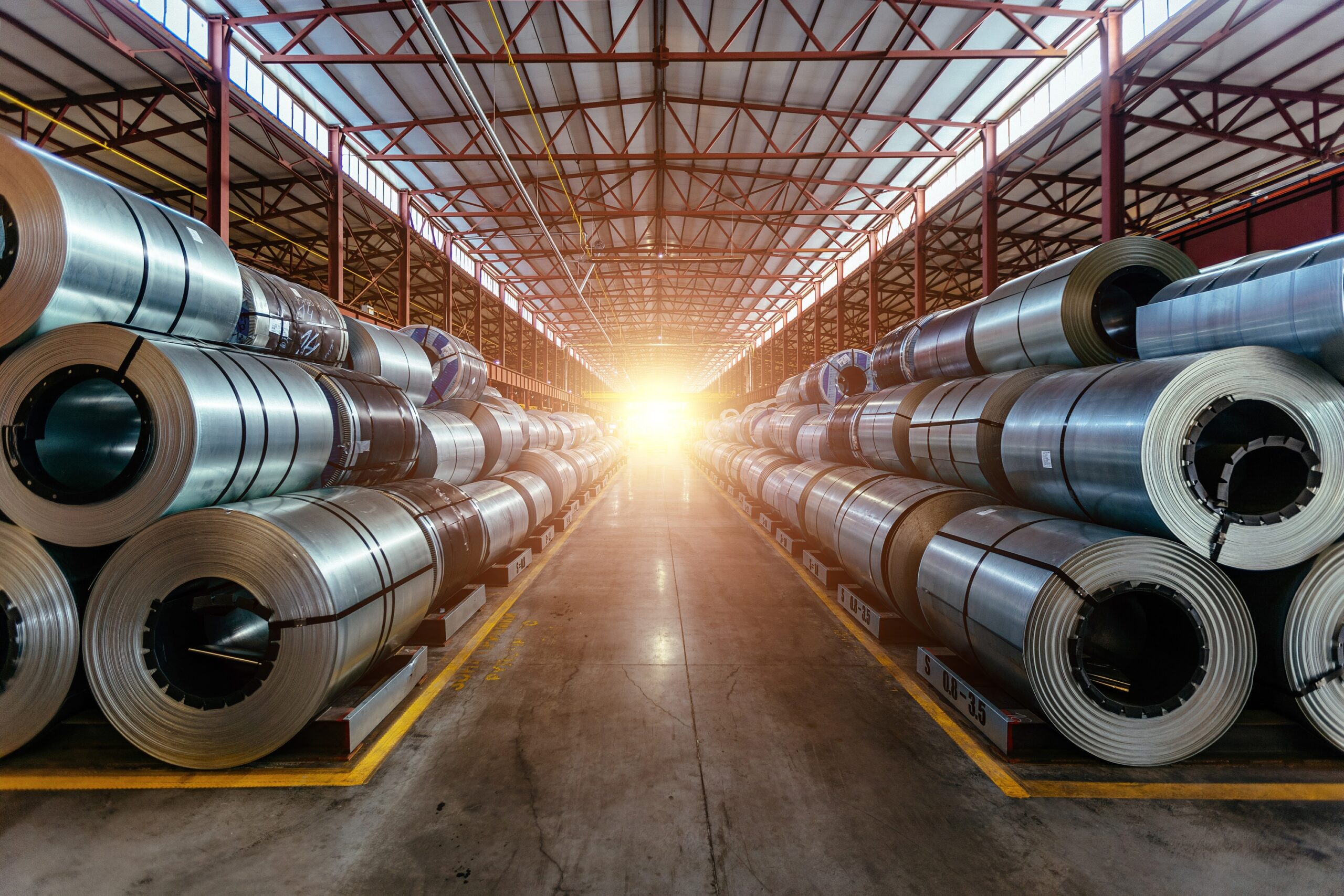
Despite Shareholder Concerns, Pilgrim’s Pride Turns a Blind Eye to Water Pollution … Again
Concerned shareholders submitted a resolution at Pilgrim’s Pride’s annual meeting today urging the Board of Directors to adopt and implement a water stewardship policy designed to reduce risks of contamination at all facilities in Pilgrim Pride’s supply chain. Pilgrim’s Pride has refused to take any action, declining to meet with the concerned shareholders and declining to respond to letters voicing concerns about water pollution from Mighty Earth.
Pilgrim’s Pride is one of the largest poultry producers in the United States. A subsidiary of JBS, the largest meat company in the world, Pilgrim’s Pride claims to produce 1 out of every 5 chickens in the United States. Their massive production comes with serious pollution: In 2018 alone, JBS and Pilgrim’s Pride produced over 159 billion pounds of manure – 1.6 billion pounds of which came from Pilgrim’s Pride’s poultry division, and the EPA’s toxic release inventory shows Pilgrim’s Pride discharged 16973640 lbs of water polluting toxins from its facilities 2012-2017.
“The meat industry is responsible for widespread and worsening water pollution throughout the country. Chemicals and manure wash off fields and slaughterhouse floors, contaminating our rivers and oceans and even the water we drink. This year, unprecedented flooding and storms across the Midwest have only exacerbated the environmental and public health risks of the meat industry’s polluting practices,” said Mighty Earth Campaign Director Lucia von Reusner. “Shareholders are right to pressure Pilgrim’s Pride to clean up the water pollution throughout their poultry supply chain.”
“Shareholders of Pilgrim’s Pride Corporation will again be filing a resolution asking the company to improve disclosure on managing water contamination related risks by reporting on how the company is responding to increasing regulatory, public and competitive pressure to significantly reduce water pollution from the company’s owned facilities; facilities under contract; and suppliers,” said Anne Falkenberg, a member of the Socially Responsible Investment Coalition. “We believe that that the company in doing so will benefit by creating policies needed to govern sustainable and responsible operations and reducing material risks to business, brand and potential growth.”
Pilgrim’s Pride is ranked as a top corporate water polluter in the United States, based on an evaluation of EPA-reported toxic releases into waterways from their slaughterhouses, the vast quantities of manure generated by their poultry, and the pollution that washes off the industrial crop fields in the company’s supply chain.
Over 7 million Americans are exposed to carcinogenic nitrates in drinking water from industrial agriculture. According to the EPA’s Toxic Release Inventory, Pilgrim’s Pride released on average over 2.7 million pounds of pollutants, mostly nitrates and ammonia, from slaughterhouses into waterways between 2012 and 2017. Yet the company lacks any policies, contracts or codes that address water quality.
In contrast to Pilgrim’s Pride’s inaction, competitors have begun taking steps to reduce pollution in their supply chains. Just in the past year, Smithfield set a target to purchase 75 percent of its grain from farms managed to reduce water pollution, and Tyson Foods has made a commitment to implement sustainable farming practices on 2 million acres of U.S. corn by the end of 2020.
“Ensuring sustainable farming practices are used in producing food is something that consumers, shareholders, and the public increasingly expect from their favorite brands,” said von Reusner. “As more and more of their competitors outpace them in this area, it’s not surprising that Pilgrim’s Pride is hearing from its shareholders. I expect these calls for action will only get louder.”


